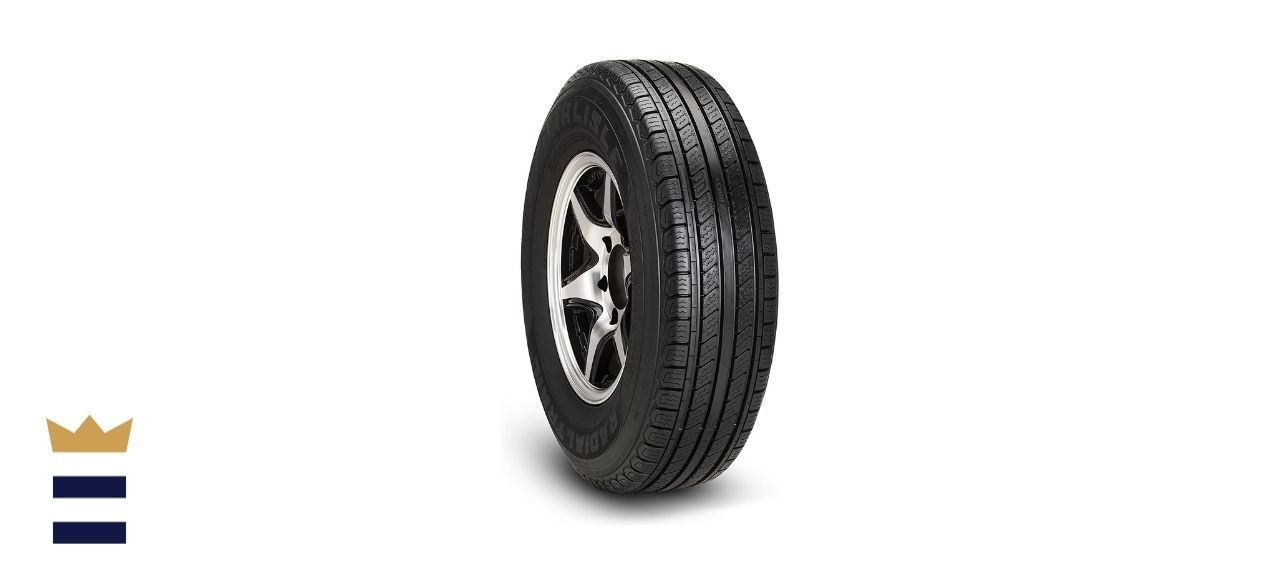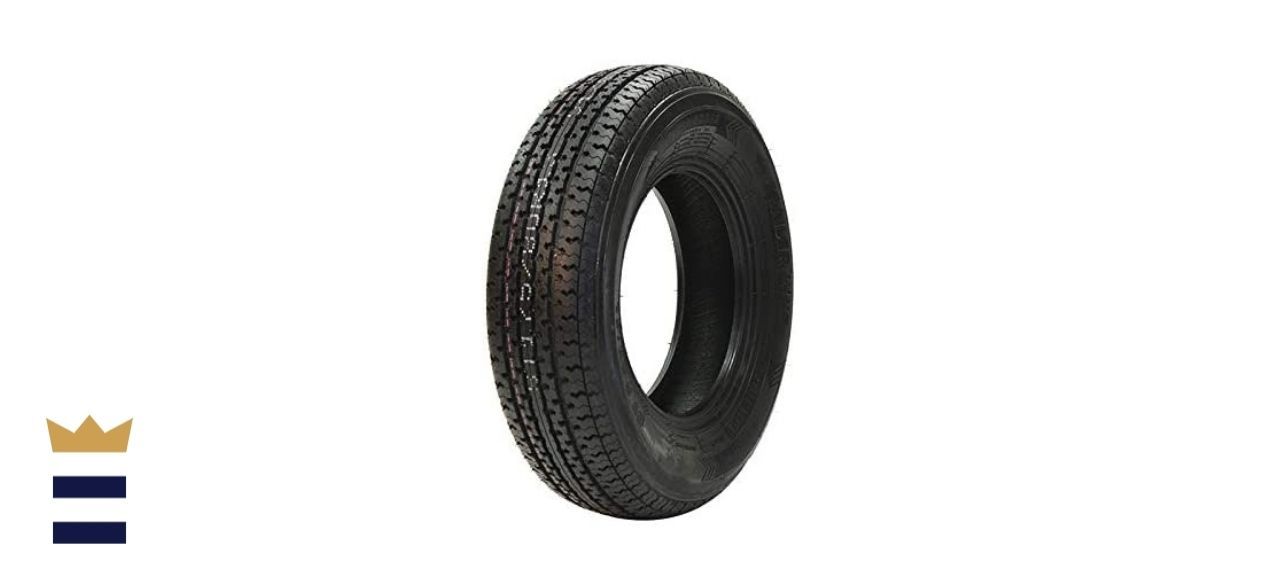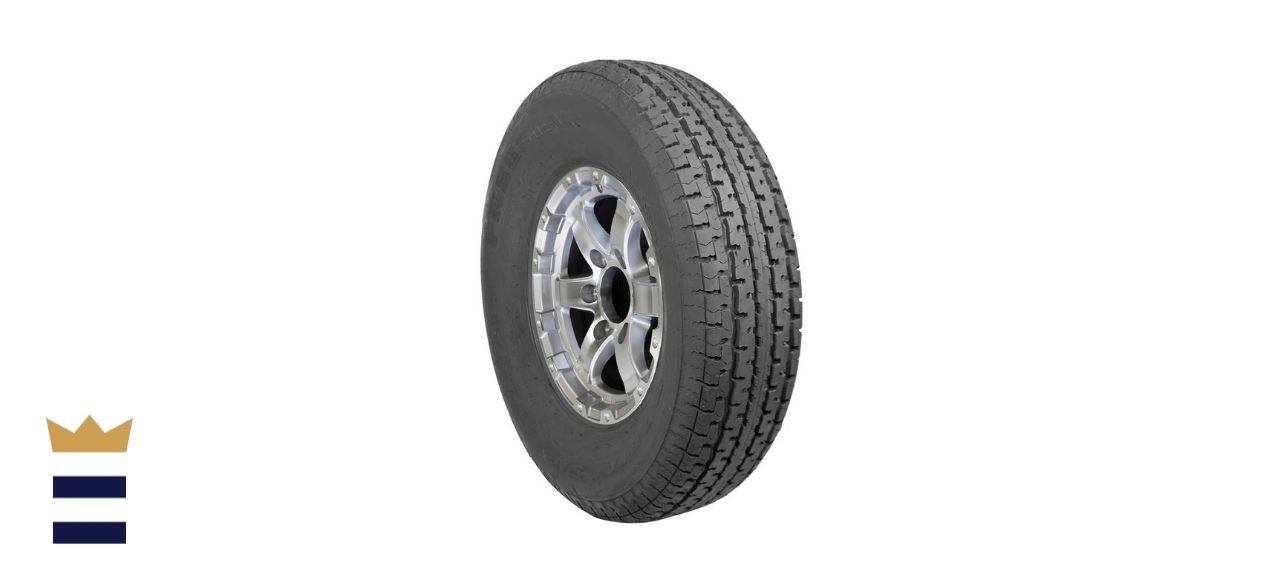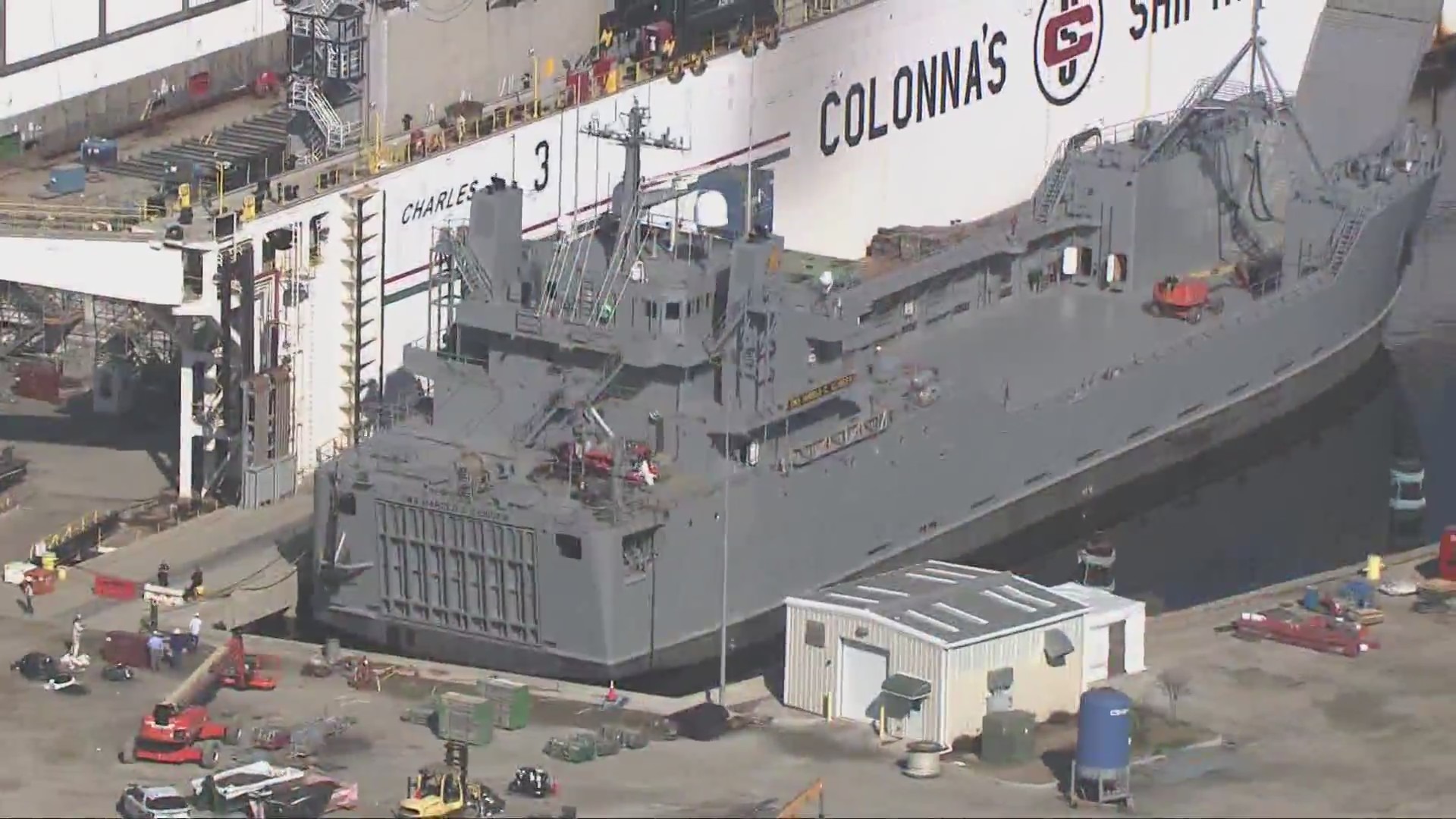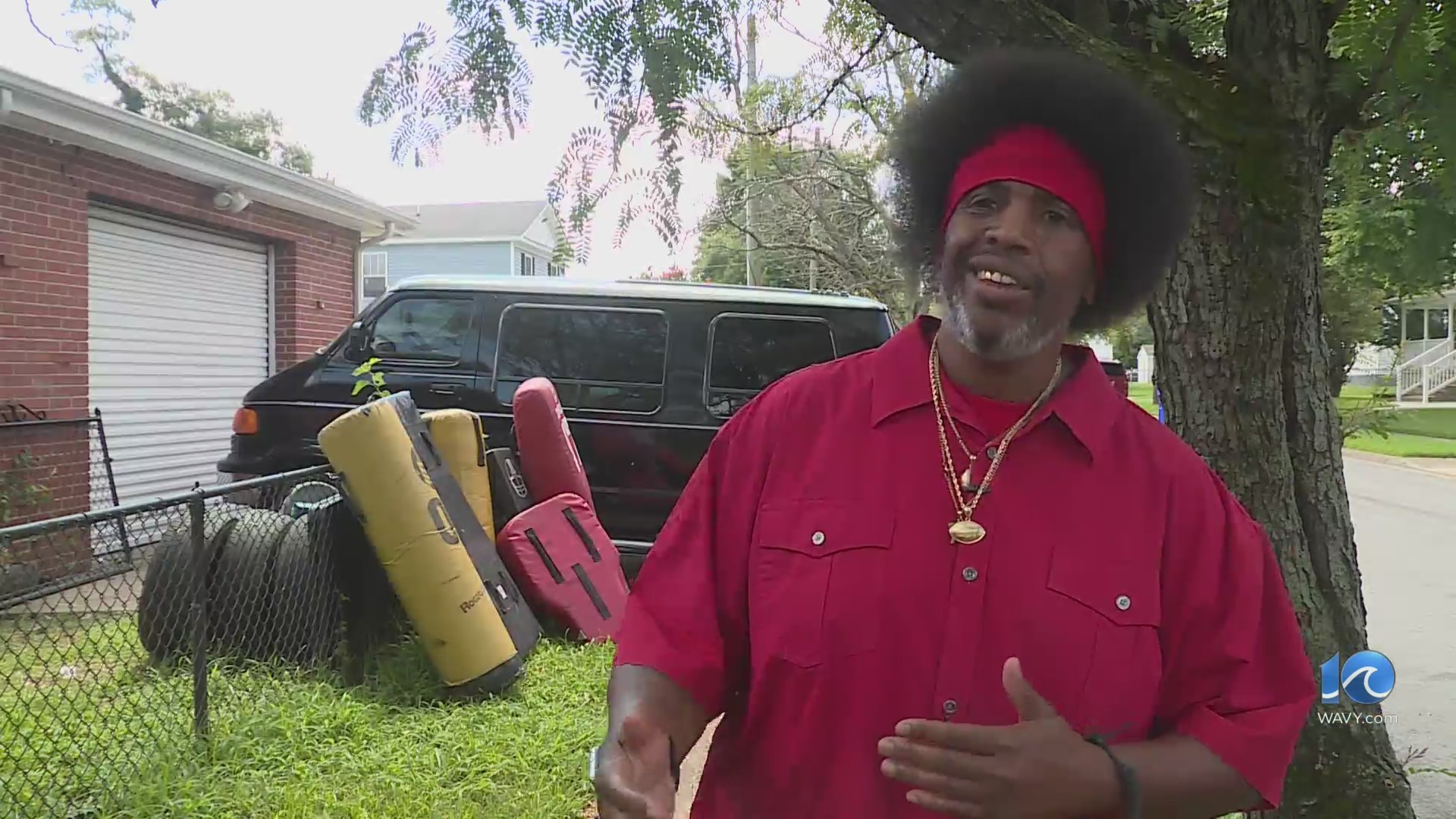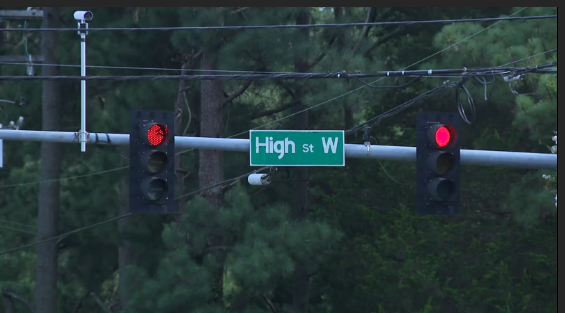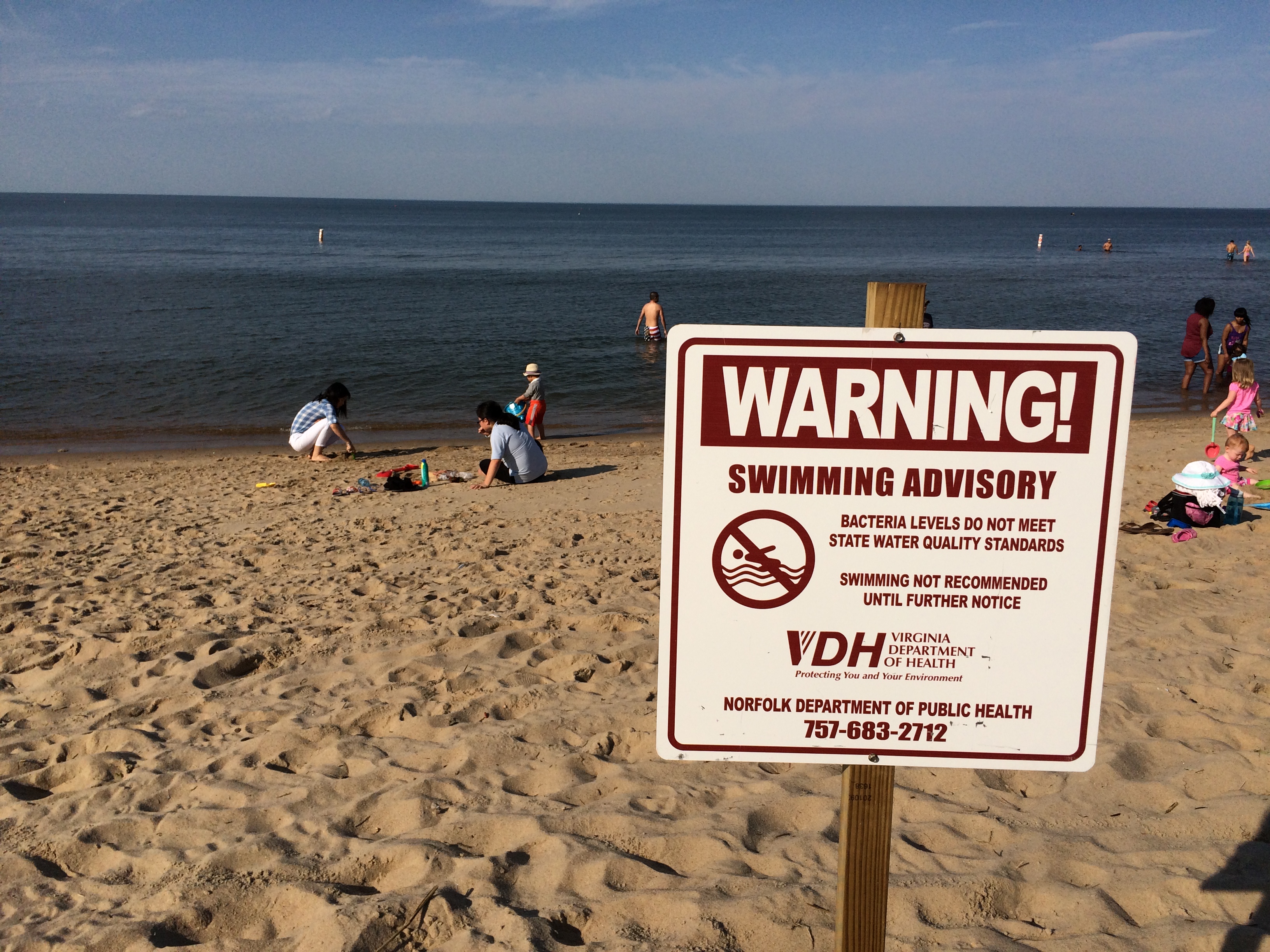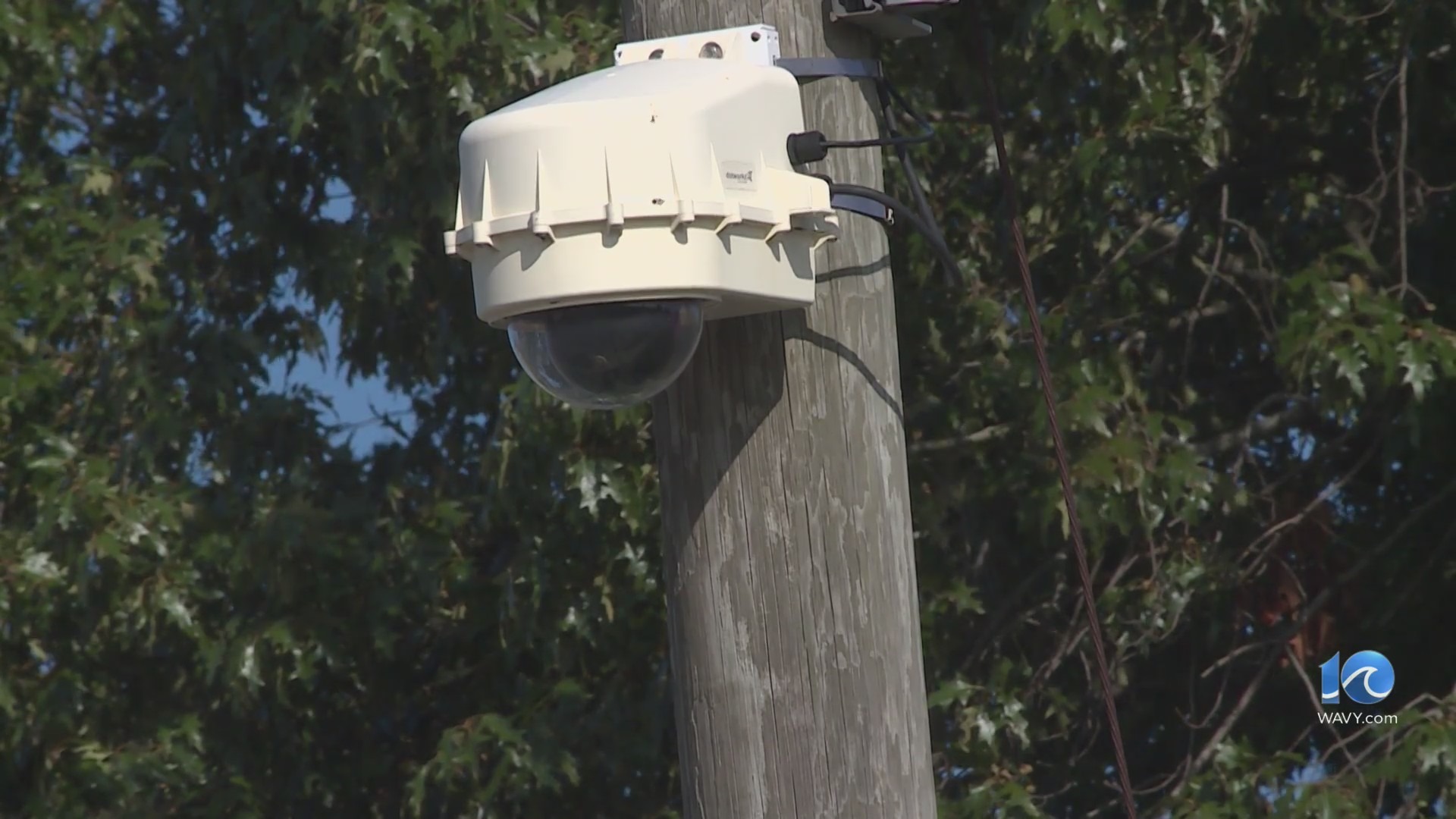Which trailer tires are best?
Buying trailer tires is not the same as buying tires for your car. You can’t simply walk into the tire shop and say, “four please,” as if it were your morning doughnut order. Trailer tires must have thicker-than-normal wall construction and a high-speed rating. This is because they take far more punishment than a standard vehicle tire.
If you want help finding the best trailer tire for your needs, read the following buying guide. We also included reviews of some of our favorites, including our top choice, the Carlisle Radial Trailer Tire.
What to know before you buy trailer tires
All tires have a code visible on the sidewall that delineates several bits of information about tire size and type. The type of tire is identified by the first letter in the code. P is for passengers, LT is for light trucks, and ST is for the special trailers. As you might expect, trailer tires need to begin with ST. This is your starting point when shopping for your new trailer tires.
The tire height of a trailer tire actually represents itself as a percentage of the tire’s width. If it’s represented by the number 75, for example, that means the tire’s height is 75% of its width. The larger the tire height, the more smooth of a ride it gives the trailer and its contents.
The width of a trailer tire is measured in millimeters. The wider a trailer tire is, the more stable it will be, guarding against drift, and offering more grip on the road due to the increased surface area of contact.
Trailer tires will either be constructed as radial or diagonal bias. Radial tires have rubber-coated steel cables that run across the tire, which are better for long distances because they hold a lower average temperature. Diagonal bias tires have layers of nylon cords that run at 30-degree angles. They are best for short trips and work best on construction vehicles that regularly run off-pavement.
What to look for in quality trailer tires
Proper tire pressure is critical. Underinflated tires can overheat, which wears the tire down prematurely, while overinflated tires will cause tread wear. That’s why it’s important to follow specific instructions for the correct tire psi.
Trailer tires are rated for maximum speeds. For example, a trailer tire that is rated J can go up to 62 mpg, one rated l can go to 75 mph, and one rated M can go all the way to 81 mph. This is a far cry from the trailer tires of the past that were only recommended for use at low speeds.
Because most trailer tires are not used regularly year-round, the treads wear more slowly than other tires. However, the age of the tire is important, because even if they look new due to limited use, the components in the rubber can begin to break down, causing the tire to deteriorate and become less safe at high speeds. Always pay attention to the manufacture date — perhaps even more so than the visual appearance of the treads — within the tire’s code. It will help you identify how old the tire is and help you gauge when it’s time for a new one. You should replace your trailer tires at least every five years.
How much you can expect to spend on trailer tires
Most trailer tires will cost between $40 and $150 each. Diagonal bias tires can be found for slightly less than radial tires, but overall they are roughly the same price.
Trailer tires FAQ
My trailer tires shouldn’t leak if they’re new, right?
A. Not necessarily. Tire pressure is impacted by a number of factors. Some of these are temperature, load weight, and distance. Make sure you check your trailer tire’s psi before every use.
Why is there a flat spot on my trailer tire?
A. A flat spot can occur when the trailer has sat idle for a long period. The weight of the trailer falling in one area of the tire can result in a flat spot at the bottom of the tire. Take care to move your trailer on occasion to avoid the problem of flat spots.
What are the best trailer tires to buy?
Top trailer tire
Our take: Perfect balance of durability, performance, and price.
What we like: Long-lasting due to multi-body ply rubber compound.
What we dislike: Installing onto a rim can be time-consuming and complicated.
Where to buy: Sold by Amazon
Top trailer tire for the money
Our take: Great tire for fuel-efficiency.
What we like: Engineered specifically for trailers, meaning the durable rubber lasts for thousands of miles under heavyweight.
What we dislike: Prone to flats due to wall construction.
Where to buy: Sold by Amazon
Worth checking out
Our take: A solid spare or replacement for medium-term longevity.
What we like: Wet and dry usage is serviceable, and deep treads offer better than average grip.
What we dislike: Rim not included with tire.
Where to buy: Sold by Amazon
Sign up here to receive the BestReviews weekly newsletter for useful advice on new products and noteworthy deals.
Adam Reeder writes for BestReviews. BestReviews has helped millions of consumers simplify their purchasing decisions, saving them time and money.
Copyright 2021 BestReviews, a Nexstar company. All rights reserved.


